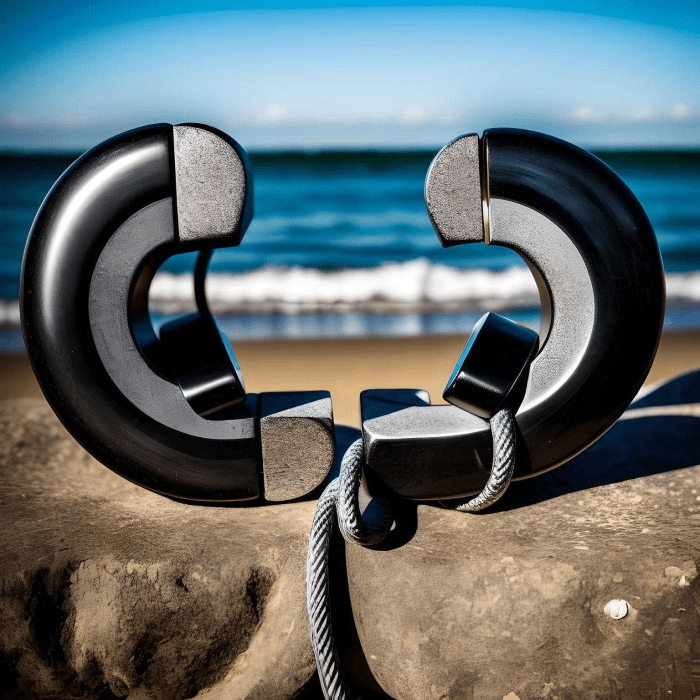Do you get the feeling that you have no idea what is true? Spin-doctors abound in our post-COVID19 world. We’ve become isolated and begun believing whatever the people we listen to say rather than thinking for ourselves. Or we may swing the opposite direction and refuse to believe anyone. Eventually we all lean in one direction or the other. I beg you to never stop thinking for yourself, weighing the facts and feelings carefully. Even if you conclusion is wrong, at least you applied your common sense and knowledge of facts before choosing.
Humans have always divided themselves into “us and them” categories, mostly because the human mind cannot tolerate ambiguity or cognitive dissonance. We convince ourselves that we are safer that way. Out of defensiveness (every man for themselves), we polarize ourselves and those who believe differently in order to stop the confusion.
The problem with that, is that most of life happens in the gray zone where clarity is not easy. To get clarity, we have to make the effort to see all sides of a dilemma before opting to believe that a single specific approach is best.
EMOTIONAL AGILITY
Harvard Medical School Psychologist, Susan David, Ph.D. coined the term “emotional agility” in the context of how to get unstuck mentally and emotionally. I think it is a wonderful way to encourage us to stay flexible and able to manage expectations and emotions without letting them derail our progress in life. Just like our connective tissues in the body need lubrication and frequent movement to stay strong, so do our emotional connective tissues. Do yours lock up? Do they seem stiff and underused or overused? Polarized thinking and viewing the world as either/or is actually not healthy. Most of the time we do better when we comprehend that two opposite things can be true at the same time. Not logical, but true. For instance, you can love and hate the same person sometimes. You can be afraid of something and have the courage to do it any way. Dialectical Behavior Therapy (DBT) is centered in teaching people to live in flexibility of emotional beliefs.
**Disclaimer here: There are some issues that one must choose what is right or wrong morally, ethically, or spiritually. That requires discernment, knowledge, and faith.
When we take sides all the time, we live in a world where everyone has to fall into one of two categories,“enemies or allies.” A belief system like that is a precursor of poor health and early death. Our emotional system has to use too much energy to constantly sort out who falls in which category and how to hold our guards up all the time. Defensiveness requires never relaxing or being free from stress, even for a moment. Our nervous systems will burn out from that level of distress and so will our immune systems. Please work on agility in emotions and expectations. Sometimes just lowering expectations can take the pressure off.
Emotional agility is gained by conscious, intentional actions. Staying stuck is easy but has serious negative consequences. How do we move back (or forward) toward love and respect for all humans?
I scratch my head and wonder why intelligent people are not recognizing how fearfully and defensively they are reacting? Why can’t we be held accountable but also encouraged to grow and change rather than being condemned? Do we only get one try at getting everything right? If that is the case, then I give up because we humans cannot get it right once and for all, forever Amen. We err, self-correct, err again, self-correct, and so on till we leave this earth. Thank God we are allowed so many chances to do better and can be forgiven for the errors.
Do you know that everyone has a backstory? Sometimes, just knowing the story can change everything in terms of perspective if we only take time to hear it.
Judgment of others handicaps us. The Bible passage found in Matthew 7:3 offers a perfect illustration of the attitude we take too much of the time. Jesus calls the Pharisees (they were the legalist religious people in those days) hypocrites because they comment on the speck in someone else’s eye while not recognizing the big “beam” in their own eyes (Mtt. 7:3 NT). If we held ourselves to the same standard that we tend to expect of others, we probably wouldn’t judge anyone. Takes a lot of self-awareness and humility to work on the beam in our own eye. Beams in one’s eye certainly distort vision, don’t they?
We’ve all experienced considerable isolation and disconnect from family, friends, and co-workers during COVID and I am sure that one of the results has been losing some of our ability to feel empathy and warmth like we could before. Let’s do better!
Spend one day paying close attention to times when you categorize people or feelings into all or nothing, us or them, or other polarized thinking, even if only for a moment, make note of that response. Either count or make a mental note. At the end of the day, write a simple journal note to yourself about what you noticed when you paid more attention to unconscious tendencies to categorize people or their thoughts and actions. In other words, when you judged people using rigid biases.
Keywords: polarized thinking, emotional flexibility, stop judging, flexible thinking

